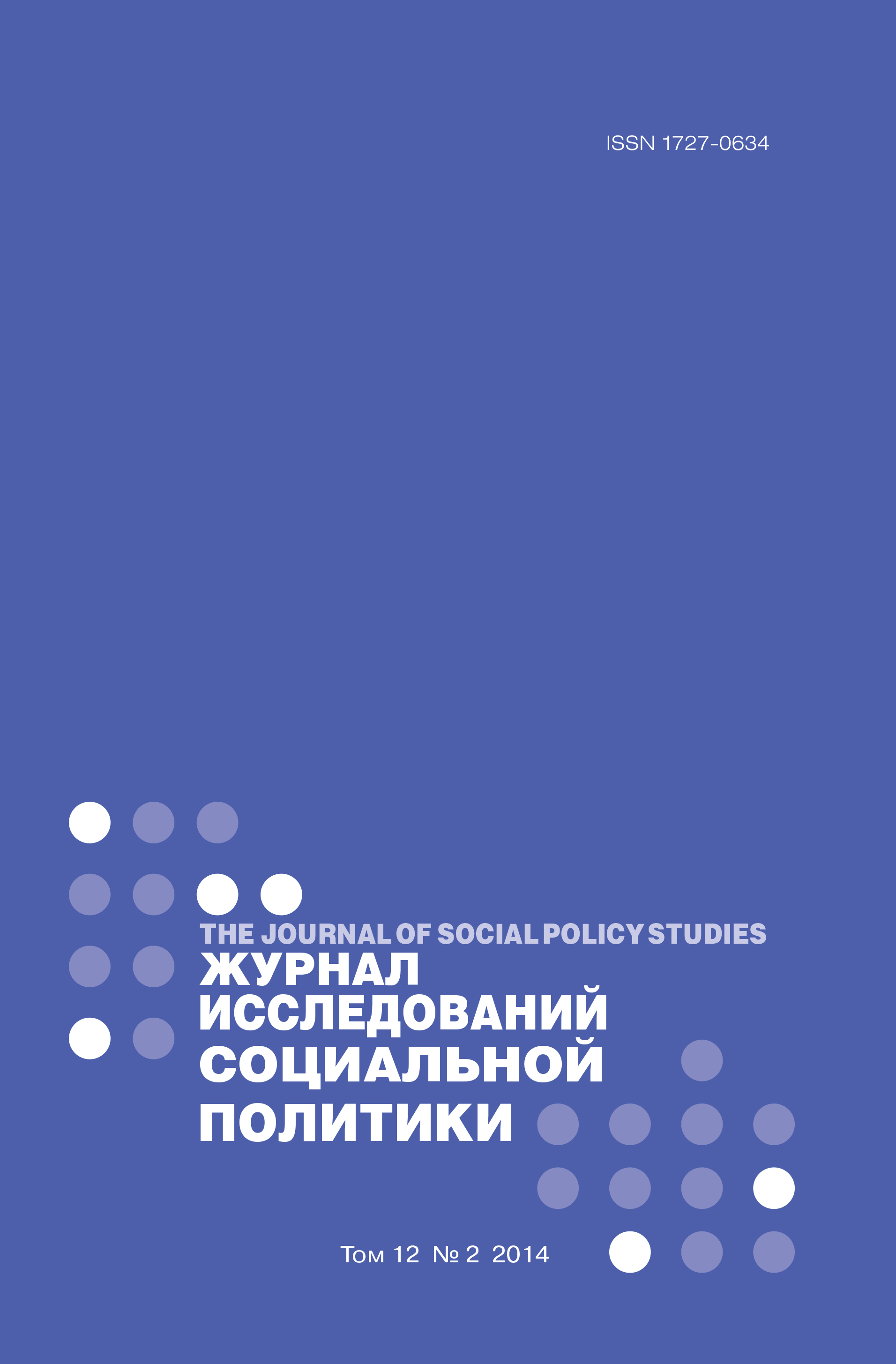From Denizens to Citizens in Bishkek: Informal Squatter-Settlement Residents in Urban Kyrgyzstan
Abstract
Land squatting is not a new phenomenon in the Kyrgyz capital, Bishkek; it also occured in the Soviet period due to a lack of housing. Furthermore, 1989–1991 saw another wave of squatting, caused by the fall of the Soviet Union and the resulting mass unemployment in rural areas. Unemployed rural youth became the instigators in claiming land for residence. These illegal settlements, which emerged at that time, have been given a formal recognition by the state authorities. After the "Tulip Revolution" in 2005, there was another round of land squatting in the outskirts of the capital. These new settlements have yet to gain the official recognition of the state authorities. This paper is based on ethnographic research in one of Bishkek’s informal peripheral settlements, and describes the struggles of the residents in this particular settlement for citizenship. By doing so, the paper questions the suitability of the label "squatter" in describing the current residents of the settlement. The residents’ status is understood as transitory from "denizen" to "citizens". The stories recounted here reveal the involvement of certain state officials in the emergence of what they call an "illegal" settlement. Despite neglect from the state, societal stigma and marginalization, the settlement residents continue their struggle for social and legal recognition, as well as membership in urban community and social rights, derived from it.















